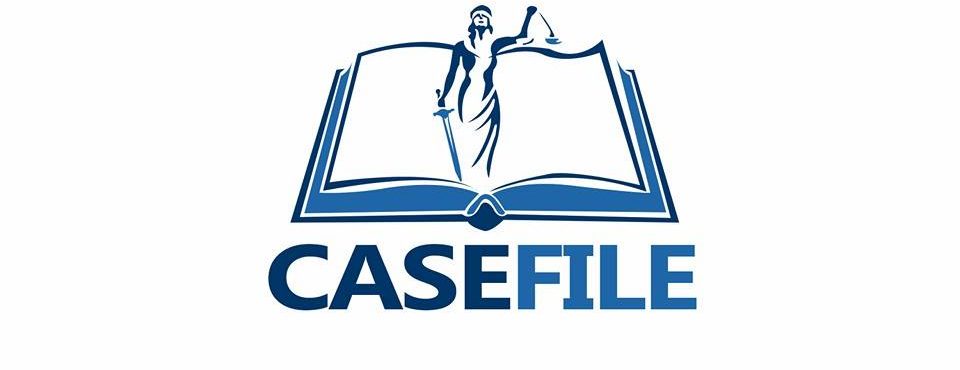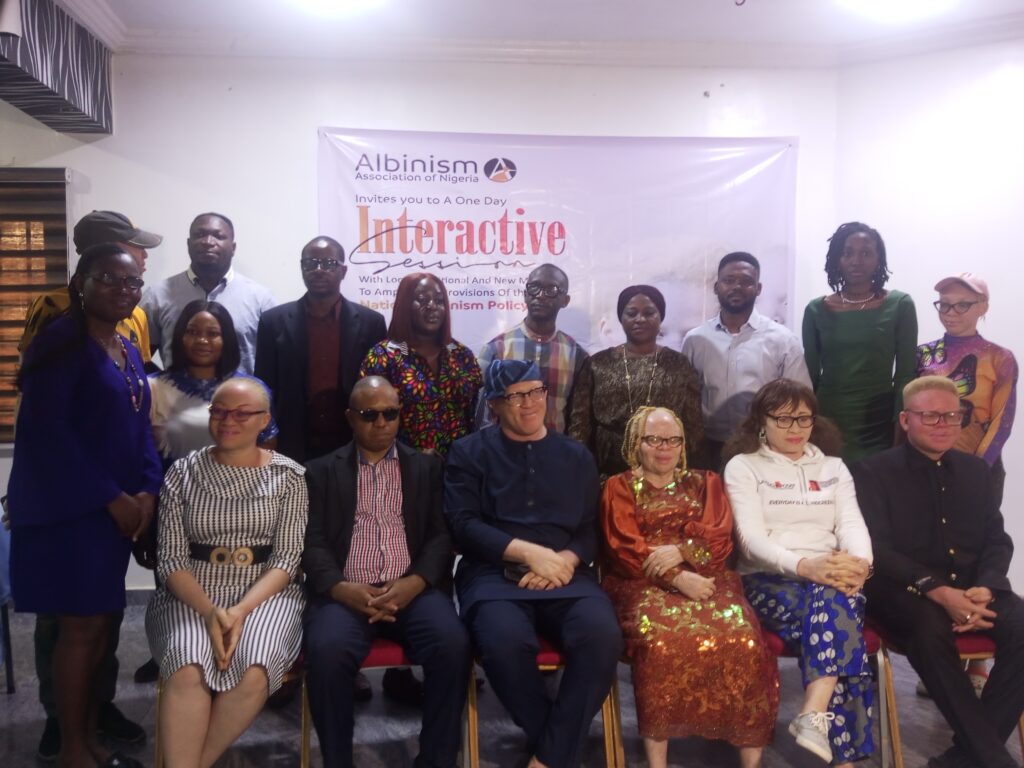The National President of the Albinism Association of Nigeria, AAN, Bisi Bamishe has urged the media to amplify the non-implementation of the National Albinism Policy for Persons With Albinism, PWA.
The policy framework is to bring succour to any individual with a condition with rare, non-contagious genetically inherited differences present at birth.
Albinism results in a lack of pigmentation of melanin in the hair, eyes and colour, causing vulnerability to the sun and bright light.
In all types, both parents must carry the gene for it to be passed on, even if they don’t have albinism themselves. Almost all persons with albinism are visually impaired and are prone to developing skin cancer. Unfortunately, there is no cure for the absence of melanin.
National Policy on Albinism
The National Policy on Albinism is a comprehensive framework designed to address the challenges faced by persons with albinism in Nigeria. The policy aims to promote social inclusion, economic empowerment, and access to education and healthcare for individuals with albinism.
Speaking in Lagos while addressing local, traditional and new media at a one-day media interactive meeting sponsored by Disability Rights Fund, DRF, the group sought collaboration with the media to activate stories with lasting impact on the lives of PWA in Nigeria.
The call to action is coming barely a few months before the December deadline for the review of the policy when it was accented to in 2019. Unfortunately, this policy has not seen the light of the day since 2019.
Group speaks on challenges, efforts
The President on behalf of AAN is now seeking the fourth estate of the realm to amplify their challenges, having been unsuccessful in taking their plights to court.
She said “We are extremely aware of the barriers and obstacles that persons with albinism encounter in their pursuit of education. From discrimination and stigma to inactive facilities and lack of awareness, the road to inclusive education faces challenges in Nigeria.”
She informed journalists that the implementation of the policy was supposed to last for five years, after which the review would be done to keep pace with the current humanitarian and environmental activities.
“Since it has not been implemented as intended up till now, persons with albinism are suffering and it seems there is no hope even though a national policy supporting our course of living was initiated hence the need to ensure review and implementation is necessary because of the prevailing negative circumstances faced by PWA.”
She emphasised the need for accurate reporting and sustained advocacy to improve the quality of life for persons with albinism and that the National Albinism Policy represents a milestone in the organisation’s efforts to ensure that persons with albinism in Nigeria are recognised, respected, and supported by the society and the three tiers of government.
Also, the Chairman, Lagos Chapter, AAN, Mr. Tolani Ojuri, highlighted efforts of the state government in addressing their health challenges.
He said the group was working towards promoting the rights, welfare, and empowerment of PWA in Nigeria.
“We believe that by working together with the media, we can create a more inclusive and supportive society for all individuals with albinism; and may I at this point express our deepest gratitude for your interest in our organisation and the importance of the work you do.”
“This is an opportunity to build a united front to tackle misinformation, discrimination, and stigmatisation faced by persons with albinism in Nigeria. We aim to provide a comprehensive understanding of the provisions of the National Albinism Policy and its significance for the protection and inclusion of persons with albinism. We strongly believe that the media will help to play a crucial role in raising awareness about albinism and promoting a more inclusive society.”
The Role of Media
Speaking on the role of media in promoting the welfare and protection of individuals with albinism, media representatives at the interactive session were urged to ensure accurate and respectful reporting on issues affecting the albinism community especially on the National Albinism Policy.
They were urged to develop effective communication strategies for promoting the policy, combat myths, stigma and promote positive representation.
The importance of featuring success stories and achievements of persons with albinism was underscored.



